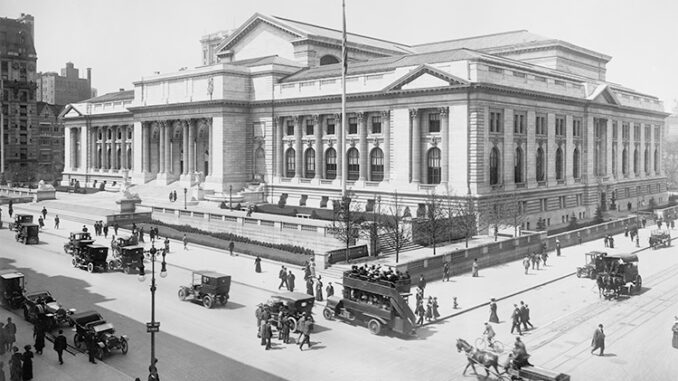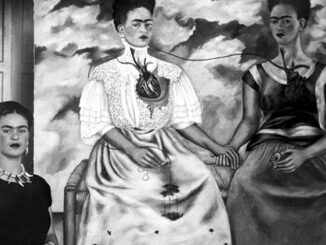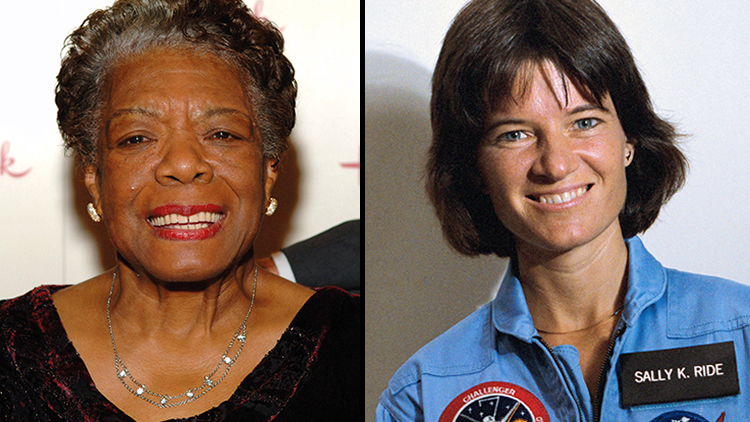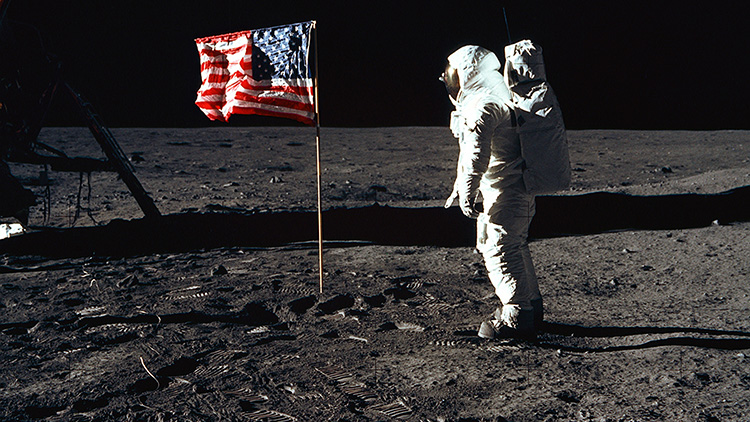
Did you know that libraries have been around for thousands of years? Once people created written languages, they wanted a special place to store their writings. But there were few libraries that were open to the public. People had to make very long trips to get to them. Most libraries were private. This means that not everyone could visit them. These private libraries were usually in the homes of very rich people. Sometimes private libraries allowed people to pay money to use them.
The first free library in the United States was built in 1833 in New Hampshire. More free libraries were built around the country after the Civil War. American businessman Andrew Carnegie paid for almost 1700 libraries in the United States. He also helped build almost 1000 more around the world. Mr. Carnegie provided grants to local communities who wanted to build libraries. He made rules for the communities that received the grants. The community had to provide the land for the library. It had to pay for the costs of running the library. The library also had to give free service to everyone. In southern states, many public spaces and buildings were segregated. This meant that only White people could use them. So, Mr. Carnegie built libraries for African Americans to use in southern states. By 1919, half of all libraries in the United States were built using Mr. Carnegie’s grants.
Today, there are more than 120,000 libraries across the U.S. They can be found in schools and even in very small communities. Most libraries use money given by the local, state, and federal governments. The government money comes from taxes paid by its residents. Libraries may also receive donations and grants from individuals and organizations. Libraries today offer more than just books. They have digital resources like e-books, online journals, and other types of multimedia content. People can use a library for lots of things. They can get help finding a job, read a magazine or newspaper, use a computer, or even watch a movie. Libraries also offer free Wi-Fi and safe public meeting spaces. Importantly, libraries today are free, and they are for everyone.
What Do You Think? Is it important for libraries to be free for everyone? Explain.
Photo Credit: Library of Congress, Prints & Photographs Division, [LC-DIG-det-4a24384]



